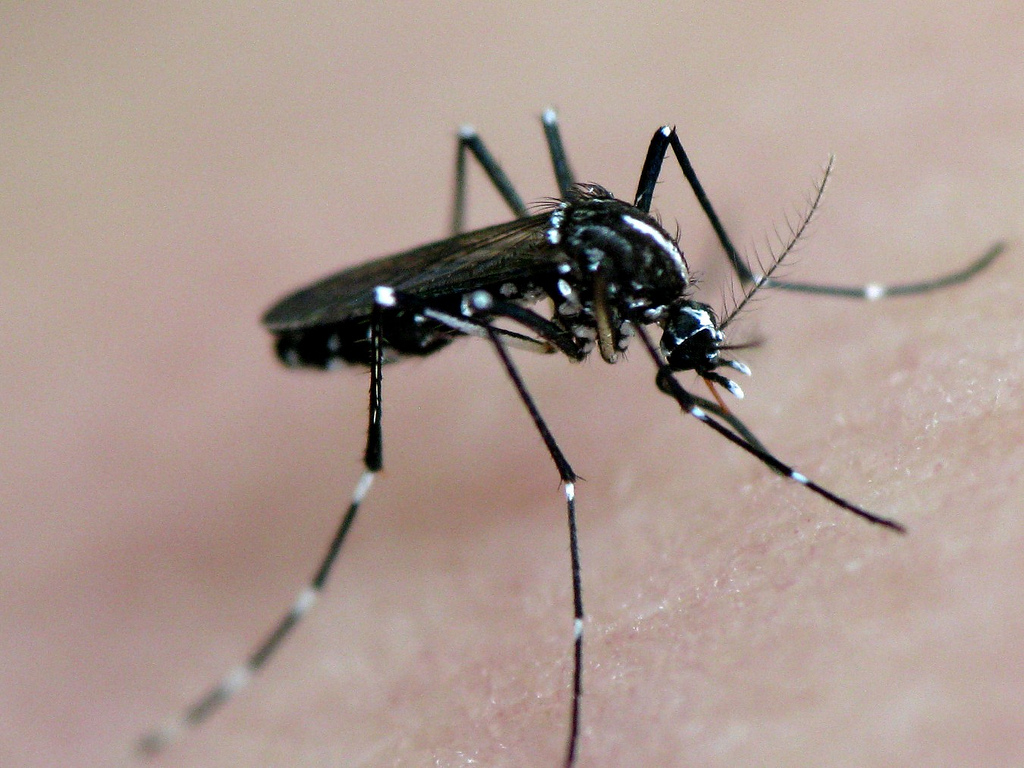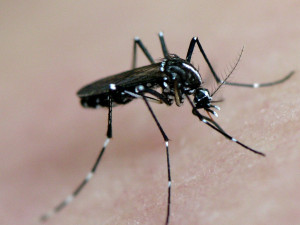There are more than 7,000 known species of amphibians, the group of animals that includes frogs, toads, and salamanders. Over the past 25 years, more than 90 species are believed to have gone extinct and at least 500 more have declining populations.
There are many factors contributing to the decline of amphibian populations but the most alarming is a fungus called Batrachochytrium dendrobatidis – or Bd – that ravages the skin of frogs and toads and eventually causes heart failure. The fungus has been devastating amphibians on nearly every continent.
In a recent paper in the journal Current Biology, scientists at the University of California Riverside documented the discovery of a virus that infects Bd and could be engineered to control the fungal disease.
The researchers were studying the population genetics of the Bd fungus with DNA sequencing technology and uncovered the virus inside the fungal genome. Some strains of the fungus are infected with the virus and others are not. They are now looking for insights into the ways that the virus operates to see how it gets into the fungal cells. The goal is to engineer the virus to infect more strains of the fungus and potentially end the global amphibian pandemic.
Frogs and toads control bad insects, crop pests, and mosquitos. If their populations around the world collapse, it could be devastating. They are already having difficulty coping with warmer temperatures, stronger UV light, and worsening water quality in many places.
Some amphibian species are already acquiring resistance to Bd. The UCR researchers are hoping to assist nature in taking its course.
**********
Web Links
Discovery could end global amphibian pandemic
Photo, posted August 25, 2010, courtesy of Kev Chapman via Flickr.
Earth Wise is a production of WAMC Northeast Public Radio
















